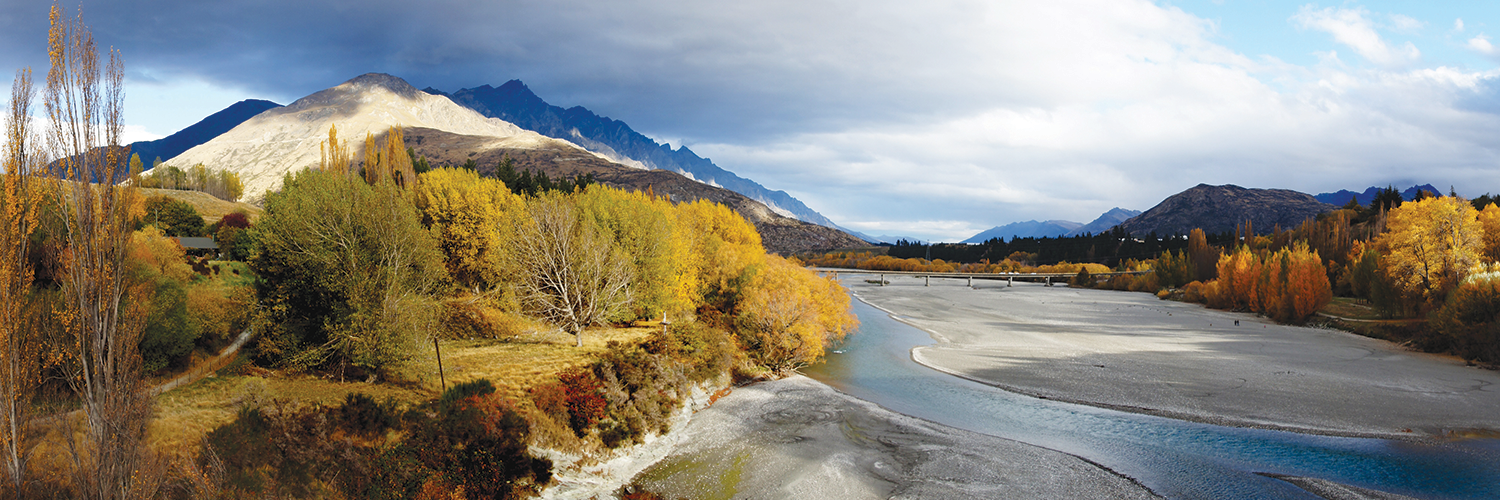Court: A high country pastoral lease is still a lease
The High Court has ruled that South Island high country farmers can control public access to the land that they lease from the Crown.
The High Court's ruling was the outcome of a claim by the NZ Fish & Game Council that the statutory pastoral leases do not give farmers exclusive possession of the land. Fish & Game also claimed that the public has a right of access to such land, provided it did not interfere with the tenant's exclusive rights of pasturage. However, it abandoned the second part of its claim at the hearing, on realising that, even if the tenant farmer does not have exclusive possession, the Crown as the landlord certainly does.
Fish & Game argued that, notwithstanding the name, a Crown pastoral lease is something less than a lease at common law. It relied on Australian cases, including The Wik Peoples v Queensland (1996) 187 CLR 1, in which the High Court of Australia held that a pastoral lease under the equivalent Queensland legislation does not give exclusive possession to the farmer.
However, Justice Simon France found significant differences between the terms and the circumstances of the Australian and New Zealand pastoral lease cases.He noted that the Wik case was decided in the context of a huge (283,000 ha) but sparsely-stocked (100 feral cattle) pastoral lease, held on terms significantly different from New Zealand leases, and with a focus on the effect of the lease on underlying aboriginal title. Comparing the types of farming in the two countries, he observed that, "There is very little parallel to the type of operation being carried out under the New Zealand leases."
Justice France was not persuaded that the restriction of land use to pasturage transforms the nature of the land holding into something less than a lease. He said that, "such a restriction hardly compares with the restrictions found in shopping mall leases, but it has never been suggested those are not true leases."
The judgment is consistent with other New Zealand cases. With some differences in reasoning, it reaches the same conclusion as a Crown Law opinion provided to Land Information NZ more than a year ago. It is also consistent with what Parliament assumed to be the law when it passed the New Zealand Walking Access Act 2008 in September last year. The judgment, therefore, will have no effect on the work of the NZ Walking Access Commission established under that Act.
Judgment: NZ Fish & Game v Attorney General & Ors, CIV 2008-485-2020, HC Wellington, 12 May 2009, Simon France J

